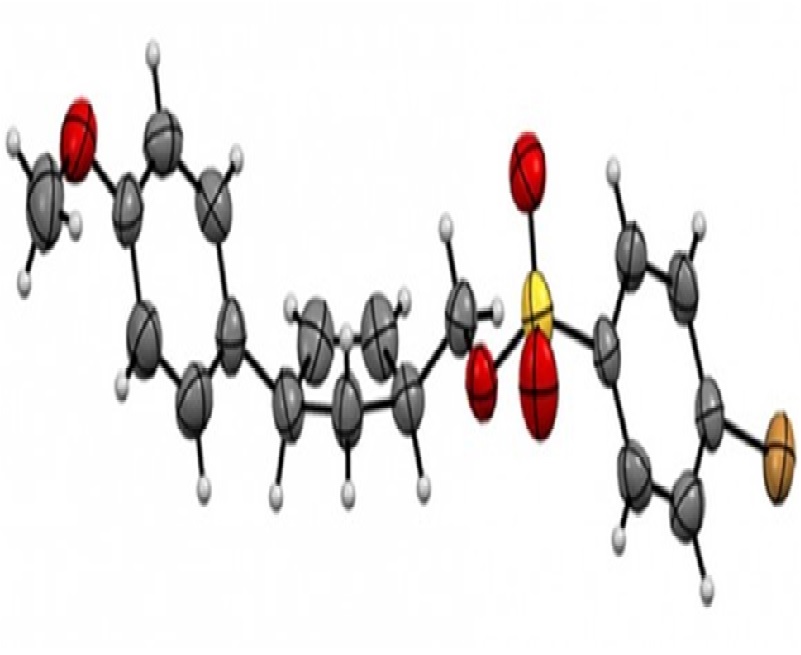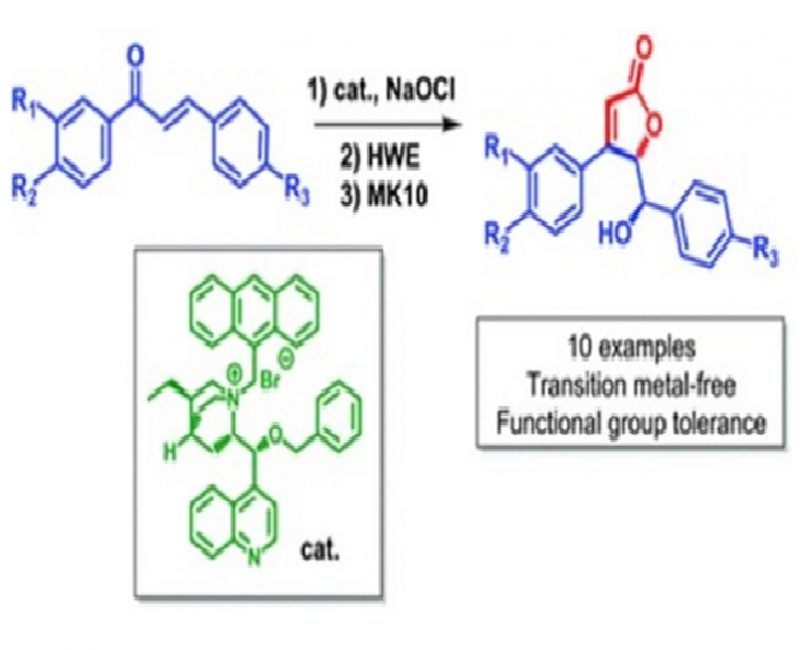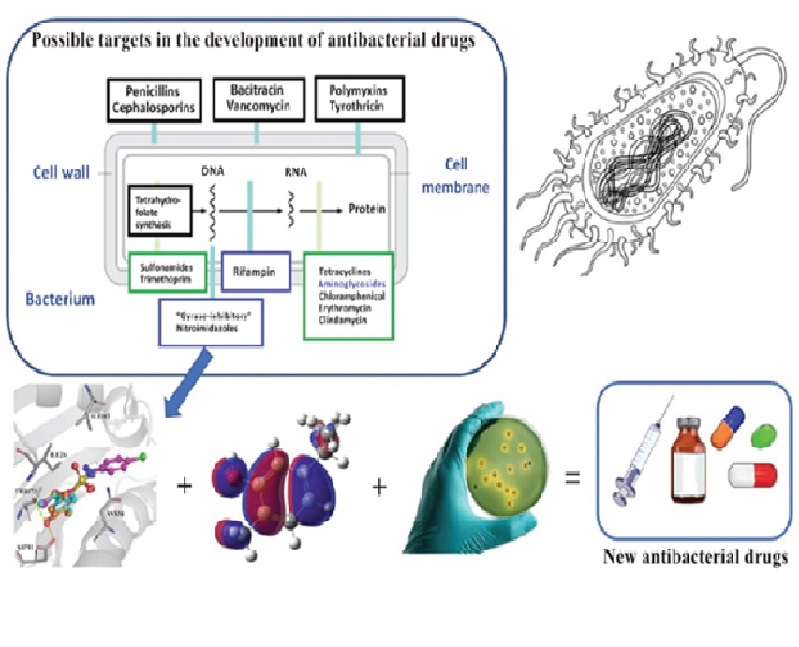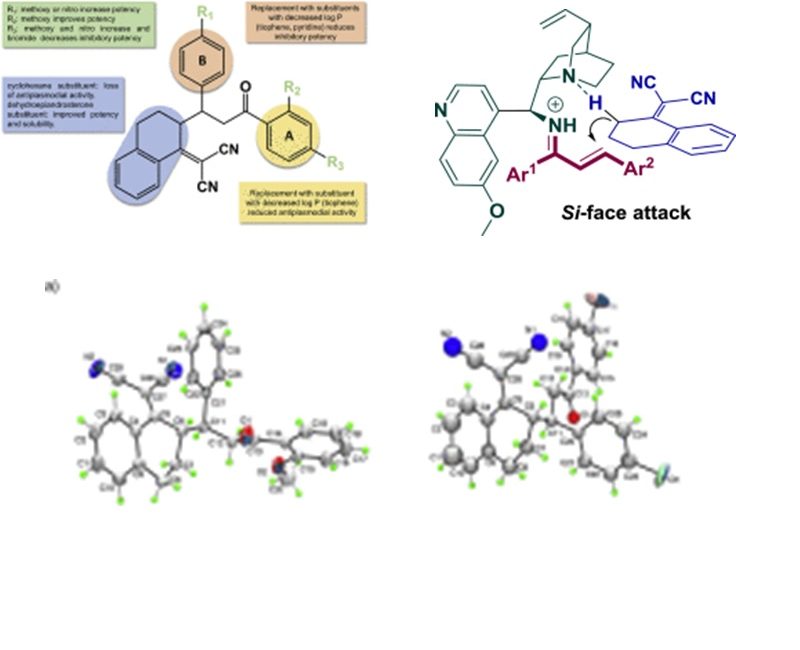
Authors:
de Oliveira, Juliana Manso 1; Angnes, Ricardo Almir 1; Khan, Ismat Ullah 1,2 ; Polo, Ellen Christine 1 ; Heerdt, Gabriel 1 ; Servilha, Bruno M. 3 ; Menezes da Silva, Vitor H. 1; Braga, Ataualpa A. C. 3 ; Duarte Correia, Carlos Roque 1
Abstract:
Highly diastereo- and enantioselective, noncovalent, substrate-directable Heck desymmetrizations of cyclopentenyl olefins containing hydroxymethyl and carboxylate functional groups are presented. These conformationally unbiased cyclic olefins underwent effective arylations in yields of up to 97 %, diastereoselectivity up to >20:1, and enantiomeric excesses of up to 99%. Noncovalent directing effects were shown to be prevalent in both Heck-Matsuda and oxidative Heck reactions, allowing the preferential formation of cis-substituted aryl cyclopentenes containing two stereocenters, including quaternary stereocenters. These results further validate the internal out-of-coordination-sphere iondipole interaction concept directing the reaction diastereo-selectivity to the cis-Heck product. This approach is complementary to existing methods using bis-phosphine monoxide ligands to give the opposite trans-diastereoisomer. The applicability of the method is showcased by the straightforward synthesis of a potent phosphodiesterase 4 inhibitor in a diastereo-and enantioselective manner. The reaction is operationally simple and has broad scope with regard to the nature of the arenediazonium salt and boronic acid employed. The mechanism and origin of stereoselectivity were investigated with control experiments and DFT calculations that fully supported the stabilizing internal out-of-coordination-sphere ion-dipole interaction between the resident functional group and cationic palladium.
1 University of Campinas – UNiCAMP, Chemistry Institute, CP 6154, BR-13083970 Campinas, SP, Brazil
2 Quaid I Azam University, Chemistry Department, Islamabad 45320, Pakistan
3 University of Sao Paulo – USP, Department of Fundamental Chemistry, Av. Lineu Prestes 748,Bl 05 Sup Sl 0552, Sao Paulo, SP, Brazil
Link para o artigo: https://onlinelibrary.wiley.com/doi/full/10.1002/chem.20180191019







